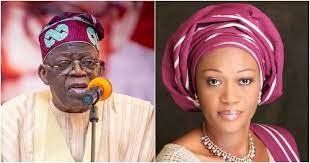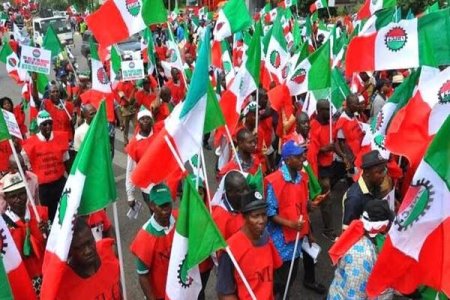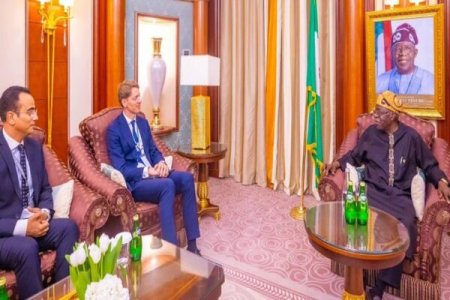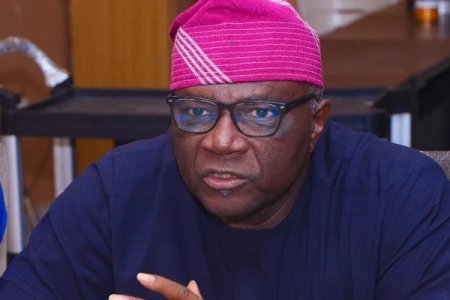
Amidst a backdrop of economic challenges in Nigeria, President Bola Tinubu's administration has come under intense scrutiny for its proposed extravagant spending as part of a N2.17 trillion supplementary budget. This budget, recently approved by the Federal Executive Council, has sparked outrage and debate across the nation.
The most controversial aspect of the budget is the allocation of N1.5 billion for vehicles designated for the Office of the First Lady, a position not officially recognized by the country's constitution. This move has raised questions about the priorities of the government, particularly as Nigerians are being asked to endure sacrifices, including the removal of petroleum subsidies that have led to a significant increase in petrol prices.
In addition to the funds earmarked for the First Lady's vehicles, the government plans to spend another N2.9 billion on Sport Utility Vehicles (SUVs) for the Presidential Villa, as well as N2.9 billion to replace operational vehicles for the presidency. Renovation projects for the presidential and vice-presidential residences will cost N4 billion and N2.5 billion, respectively, and a substantial N28 billion has been proposed for the State House.
Furthermore, the Presidential Air Fleet is set to receive N12.5 billion in funding. The fleet includes a range of aircraft, from Boeing Business Jets to helicopters. This spending has drawn criticism, especially after Seyi Tinubu, the president's son, recently used a presidential jet for private purposes.
Despite public outcry, the supplementary budget has already passed the second reading at the House of Representatives, indicating potential approval. This spending has fueled a national debate about fiscal responsibility and government priorities, as Nigerians grapple with the economic impact of these decisions




